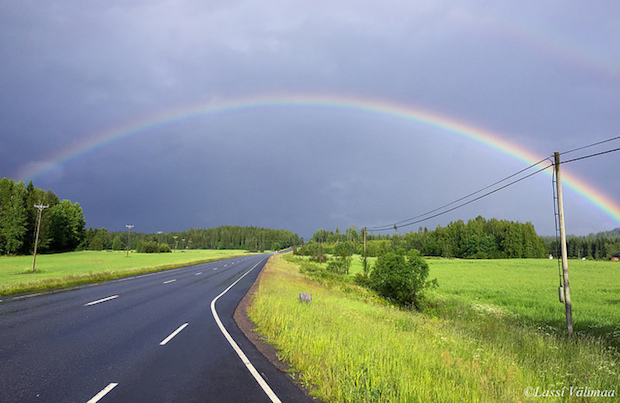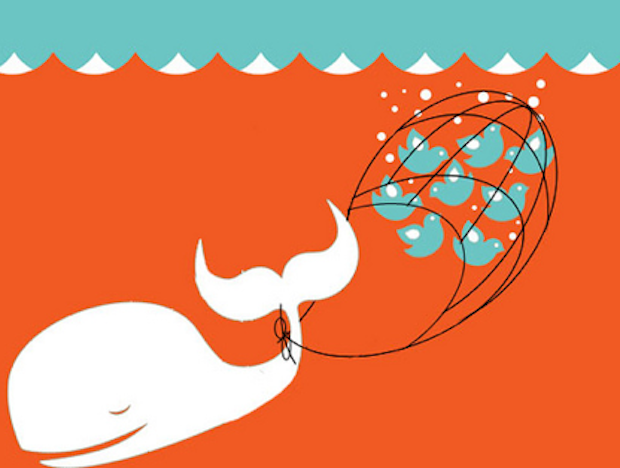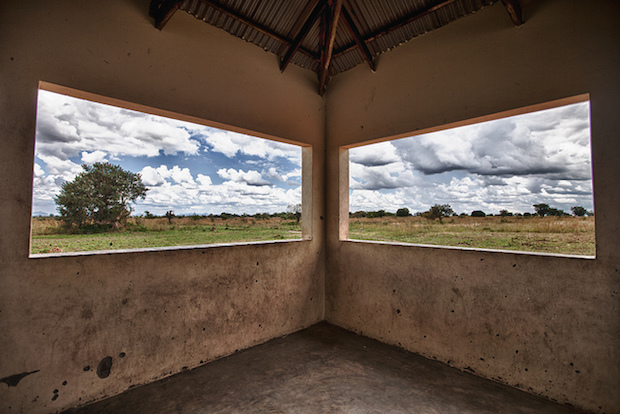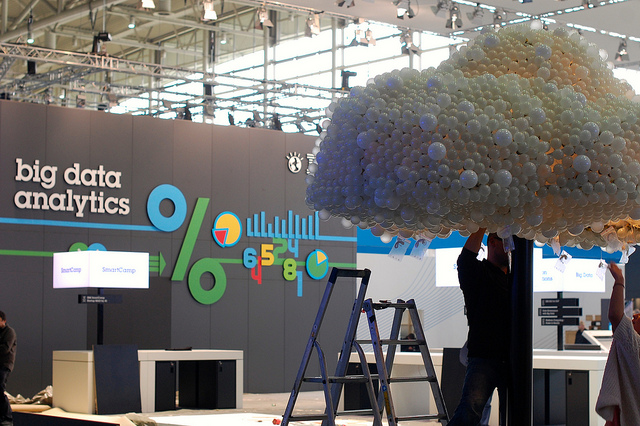
There are a many instances of crowdsourcing in both local and national governance across the world, as governments implement crowdsourcing as part of their open government practices aimed at fostering civic engagement and knowledge discovery for policies. But is crowdsourcing conducive to deliberation among citizens or is it essentially just a consulting mechanism for information gathering? Second, if it is conducive to deliberation, what kind of deliberation is it? (And is it democratic?) Third, how representative are the online deliberative exchanges of the wishes and priorities of the larger population?
In their Policy & Internet article “Crowdsourced Deliberation: The Case of the Law on Off-Road Traffic in Finland”, Tanja Aitamurto and Hélène Landemore examine a partially crowdsourced reform of the Finnish off-road traffic law. The aim of the process was to search for knowledge and ideas from the crowd, enhance people’s understanding of the law, and to increase the perception of the policy’s legitimacy. The participants could propose ideas on the platform, vote others’ ideas up or down, and comment.
The authors find that despite the lack of explicit incentives for deliberation in the crowdsourced process, crowdsourcing indeed functioned as a space for democratic deliberation; that is, an exchange of arguments among participants characterized by a degree of freedom, equality, and inclusiveness. An important finding, in particular, is that despite the lack of statistical representativeness among the participants, the deliberative exchanges reflected a diversity of viewpoints and opinions, tempering to a degree the worry about the bias likely introduced by the self-selected nature of citizen participation.
They introduce the term “crowdsourced deliberation” to mean the deliberation that happens (intentionally or unintentionally) in crowdsourcing, even when the primary aim is to gather knowledge rather than to generate deliberation. In their assessment, crowdsourcing in the Finnish experiment was conducive to some degree of democratic deliberation, even though, strikingly, the process was not designed for it.
We caught up with the authors to discuss their findings:
Ed.: There’s a lot of discussion currently about “filter bubbles” (and indeed fake news) damaging public deliberation. Do you think collaborative crowdsourced efforts (that include things like Wikipedia) help at all more generally, or .. are we all damned to our individual echo chambers?
Tanja and Hélène: Deliberation, whether taking place within a crowdsourced policymaking process or in another context, has a positive impact on society, when the participants exchange knowledge and arguments. While all deliberative processes are, to a certain extent, their own microcosms, there is typically at least some cross-cutting exposure of opinions and perspectives among the crowd. The more diverse the participant crowd is and the larger the number of participants, the more likely there is diversity also in the opinions, preventing strictly siloed echo chambers.
Moreover, it all comes down to design and incentives in the end. In our crowdsourcing platform we did not particularly try to attract a cross-cutting section of the population so there was a risk of having only a relatively homogenous population self-selecting into the process, which is what happened to a degree, demographically at last (over 90% of our participants were educated male professionals). In terms of ideas though, the pool was much more diverse than the demography would have suggested, and techniques we used (like clustering) helped maintain the visibility (to the researchers) of the minority views.
That said, if what you are is after is maximal openness and cross-cutting exposure, nothing beats random selection, like the one used in mini-publics of all kinds, from citizens’ juries to deliberative polls to citizens’ assemblies… That’s what Facebook and Twitter should use in order to break the filter bubbles in which people lock themselves: algorithms that randomize the content of our newsfeed and expose us to a vast range of opinions, rather than algorithms that maximize similarity with what we already like.
But for us the goal was different and so our design was different. Our goal was to gather knowledge and ideas and for this self-selection (the sort also at play in Wikipedia) is better than random-selection: whereas with random selection you shut the door on most people, in crowdsourcing platform you just let the door open to anyone who can self-identify as having a relevant form of knowledge and has the motivation to participate. The remarkable thing in our case is that even though we didn’t design the process for democratic deliberation, it occurred anyway, between the cracks of the design so to speak.
Ed.: I suppose crowdsourcing won’t work unless there is useful cooperation: do you think these successful relationships self-select on a platform, or do things perhaps work precisely because people may NOT be discussing other, divisive things (like immigration) when working together on something apparently unrelated, like an off-road law?
Tanja and Hélène: There is a varying degree of collaboration in crowdsourcing. In crowdsourced policymaking, the crowd does not typically collaborate on drafting the law (unlike the crowd does in Wikipedia writing), but they rather respond to the crowdsourcer’s, in this case, the government’s prompts. In this type of crowdsourcing, which was the case in the crowdsourced off-road traffic law reform, the crowd members don’t need to collaborate with each other in order the process to achieve its goal of finding new knowledge. The crowd, can, of course decide not to collaborate with the government and not answer the prompts, or start sabotaging the process.
The degree and success of collaboration will depend on the design and the goals of your experiment. In our case, crowdsourcing might have worked even without collaboration because our goal was to gather knowledge and information, which can be done by harvesting the contributions of the individual members of the crowd without them interacting with each other. But if what you are after is co-creation or deliberation, then yes you need to create the background conditions and incentives for cooperation.
Cooperation may require bracketing some sensitive topics or else learning to disagree in respectful ways. Deliberation, and more broadly cooperation are social skills — human technologies you might say — that we still don’t know how to use very well. This comes in part from the fact that our school systems do not teach those skills, focused as they are on promoting individual rather than collaborative success and creating an eco-system of zero-sum competition between students, when in the real world there is almost nothing you can do all by yourself and we would be much better off nurturing collaborative skills and the art or technology of deliberation.
Ed.: Have there been any other examples in Finland — i.e. is crowdsourcing (and deliberation) something that is seen as useful and successful by the government?
Tanja and Hélène: Yes, there has been several crowdsourced policymaking processes in Finland. One is a crowdsourced Limited Liability Housing Company Law reform, organized by the Ministry of Justice in the Finland government. We examined the quality of deliberation in the case, and the findings show that the quality of deliberation, as measured by Discourse Quality Index, was pretty good.
Read the full article: Aitamurto, T. and Landemore, H. (2016) Crowdsourced Deliberation: The Case of the Law on Off-Road Traffic in Finland. Policy & Internet 8 (2) doi:10.1002/poi3.115.
Tanja Aitamurto and Hélène Landemore were talking to blog editor David Sutcliffe.





